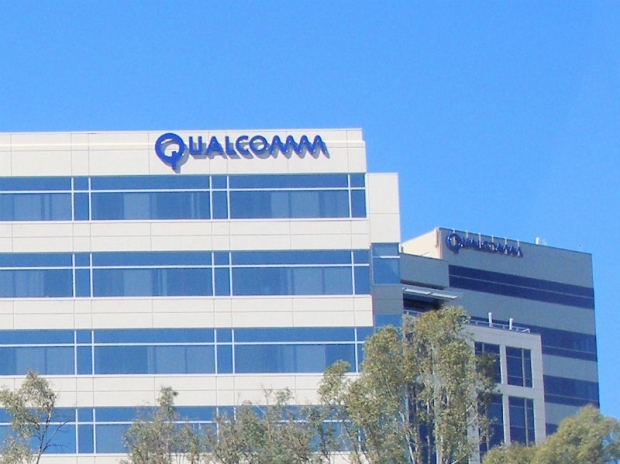Wi-Fi Protected Access (WPA) and more recently Wi-Fi Protected Access II (WPA 2 ) are two security protocols and security certification programs developed by the Wi-Fi Alliance to secure wireless computer networks.
https://en.wikipedia.org/wiki/Wi-Fi_Protected_Access
WPA 3 is the third iteration of the secure certification and of course it is much more secure than the previous generation. Both 2x2 802.11ax ready WCN3998 smartphones, and the IPQ807x access point (router) platform will support WPA3.
WPA 3 is more secure
Fudzilla had a chance to chat with Andy Davidson, senior director of engineering at Qualcomm about WPA3. This is a big step forward in wireless security as it overcomes all the weaknesses of the WPA 2 protocol. The WPA2 is omnipresent today but has been around since September 2004 and since March 2006 it was mandatory for all new devices bearing the Wi-Fi trademark.
The WPA 3 was announced in January 2018 and Qualcomm is one of the first companies to announce support for the new and more secured protocol. The new standard uses 192-bit individualized encryption for each user. One of the key advantages of the new WPA3 is the ability to protect users even when they choose a weak password that is not complex or random enough.
Andy confirmed that Qualcomm will apply WPA3 across any 802.11 AX devices. He mentioned that the 802.11 AX industry transition expected this year is the perfect time to upgrade security on devices with WPA 3.
Much safer for government, medical, finance markets
The user experience remains the same, you enter the pass phrase with memorable password and WPA 3 will provide you with a good password. The new protocol is prone to all known methods of sniffing as neither side knows the actual password. After the initial handshake, there is no password to sniff, this is the big advantage of WPA3. It will even protect you on open networks such as coffee bars where both user and hacker know the password. The feature, called Opportunistic Wireless Encryption (OWE), will provide encryption or your traffic even on open networks. This is a significant and important step forward in Starbuck surfers' futures.
Enhanced cryptography behind WPA3 is designed to ensure networking technology used in government, medical and financial networks provide strong security protection.
WPA3 provides significantly better security over the well known dictionary attacks as the common words used by many in their passwords are relatively easy to break in WPA and WPA2.
WPA2 was prone to the KRACK (Key Reinstallation Attack) vulnerability and potential hackers were able to bypass the WPA2 protocol and put Wi-Fi users at risk. WPA3 fixes this.
In 845 phones in June 18 and access points
Future phones having the 802.11ax ready WCN3998 chip from Qualcomm will get WPA3 out of the box. There will be a mesh - access point and router solutions supporting WPA3 too.
If you remember the WPS button on your router, it actually uses WPA or WPA2 to connect your router with a wireless device, with a simple press of the button. The WPA3 will work in the same way, the new routers will support WPA3 as well as new Wi-Fi devices dominantly using 802.11 ax.
Smartphones supporting WPA3 are expected later this year and from 2018 onward this will become a security standard for most new devices.
Qualcomm even shared that the WPA3 security features will be incorporated in its chipsets for mobile devices starting with the Snapdragon 845 mobile platform in June 2018.
WPA3 will be supported on all Qualcomm Access Point platforms by July 2018.
Rahul Patel, SVP and general manager, connectivity, Qualcomm Technologies:
"At Qualcomm Technologies, we’ve always worked closely with industry bodies like the Wi-Fi Alliance to develop security standards to best protect data traffic across networks and devices, especially as security threats and attacks continue to become increasingly sophisticated. By adopting the latest in encryption technology to best protect new phones and access points from security attacks, Qualcomm Technologies helps enable customers to build products that not only deliver the industry’s latest technologies to the market but adopt the most advanced security standard available."




